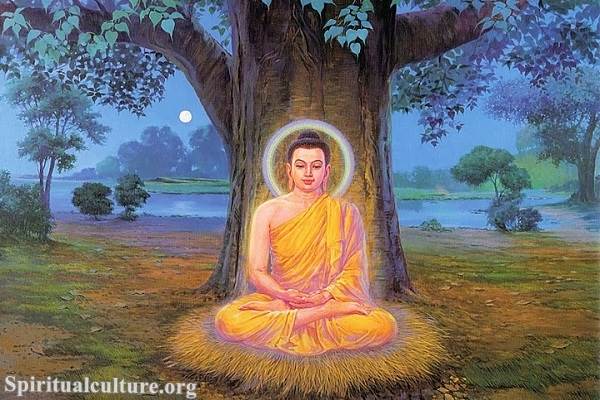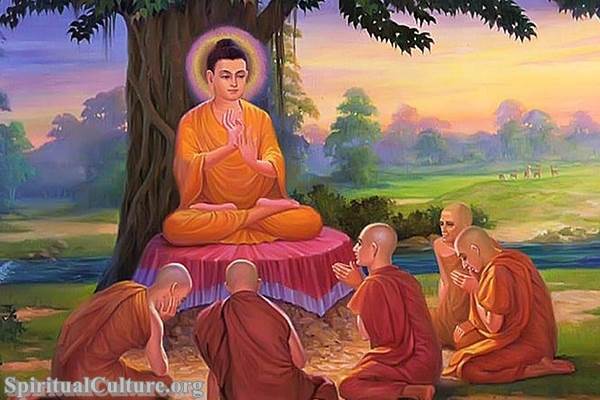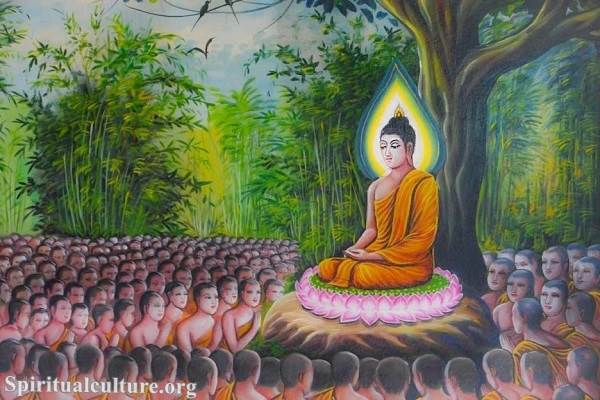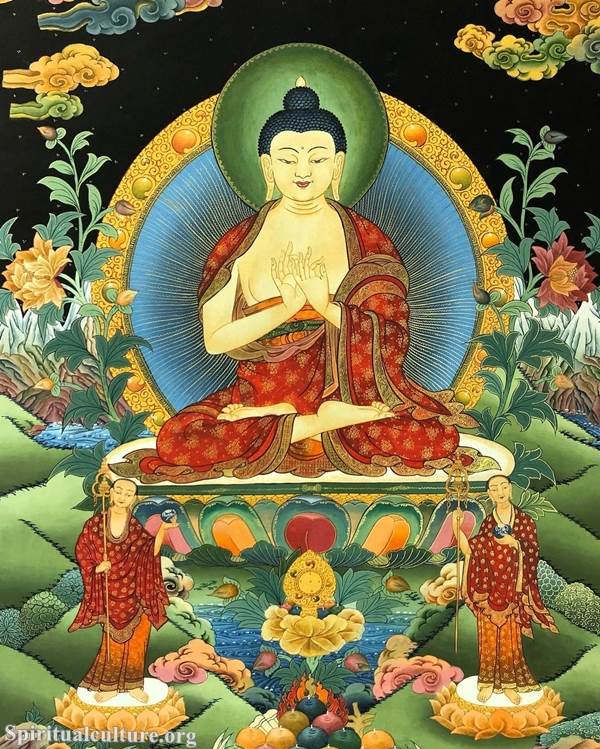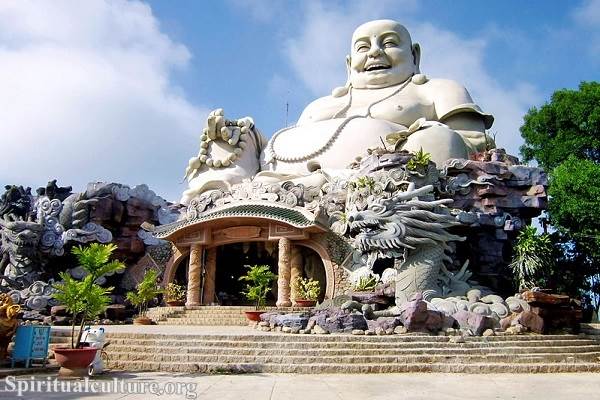One of the remarkable aspects of Buddhism that continues to fascinate many is the richness of its traditions and practices. These practices not only provide a spiritual framework for followers but also offer valuable insights into the philosophy of life. Among these, “Uposatha Days” hold a special significance. These days, observed primarily in Theravada Buddhism, are considered as times of renewed dedication to Buddhist teachings and practices. This article aims to delve into Uposatha Days, their significance in Buddhism, and how they are observed by Buddhist communities worldwide.
In the Buddhist lunar calendar, Uposatha Days are observed on four phases of the moon: the new moon, the full moon, and the two quarter moons. The term “Uposatha” originates from the Pali language, which translates to “entering to stay,” denoting a day of retreat and deep reflection. These days are seen as opportunities to cleanse the mind, cultivate virtues, and deepen one’s understanding of the Dharma, the teachings of Buddha.
In Theravada Buddhism, Uposatha Days are observed with great reverence and devotion. They serve as a reminder to followers to devote time to meditation, listening to Dharma talks, and practicing the Five Precepts, which are the basic ethical guidelines for Buddhists. The Five Precepts include refraining from killing, stealing, sexual misconduct, lying, and the use of intoxicants. On Uposatha Days, some followers may also observe the Eight Precepts, which include additional practices such as abstaining from eating after noon, refraining from entertainment and adornment, and abstaining from sleeping on high and luxurious beds.
The observance of Uposatha Days varies among different Buddhist communities. In countries such as Sri Lanka, Myanmar, Thailand, Cambodia, and Laos, where Theravada Buddhism is predominant, Uposatha Days are public holidays. Monasteries and temples are filled with devotees who spend the day in meditation, listening to Dharma talks by monks, and participating in communal services. In contrast, in Western countries where work schedules may not permit a full day of observance, followers may choose to observe Uposatha Days by dedicating some time to meditation and reflection at home.
The meaning of Uposatha Days extends beyond individual spiritual growth. They also play a crucial role in fostering a sense of community among Buddhists. It is a day when laypeople visit local monasteries and temples, engage with the monastic community, and participate in communal activities. This interaction strengthens the bond between the lay and monastic communities and serves as an opportunity for laypeople to seek guidance on their spiritual journey.
Uposatha Days also serve as a reminder of the impermanence of life, a central theme in Buddhism. As the moon waxes and wanes, it symbolizes the transient nature of life, reminding followers of the impermanence of worldly pleasures and the importance of seeking spiritual liberation.
In conclusion, Uposatha Days hold a special place in the heart of the Buddhist community. They are a time for reflection, spiritual cultivation, and community building. Whether observed in a temple, a monastery, or at home, these days offer a path towards inner peace and enlightenment. By understanding and observing Uposatha Days, one can gain a deeper appreciation of the profound wisdom and practical lessons Buddhism has to offer.
